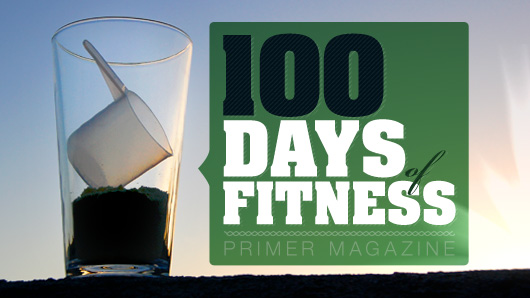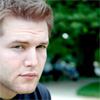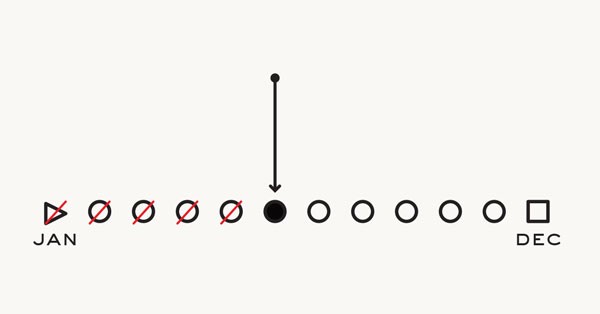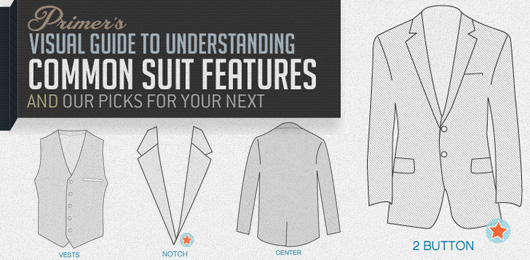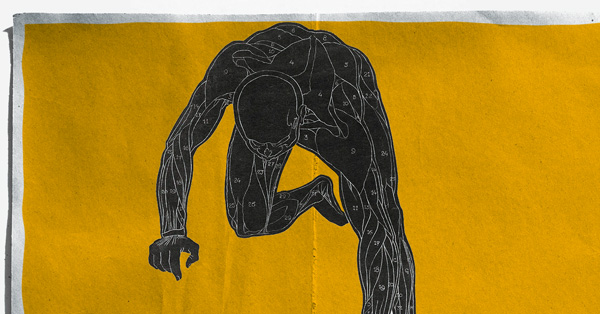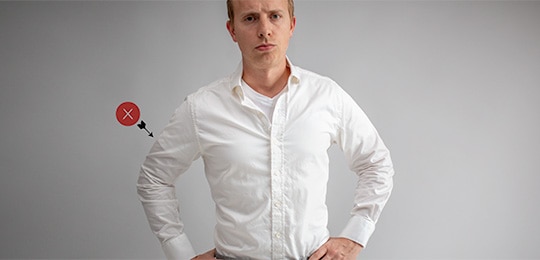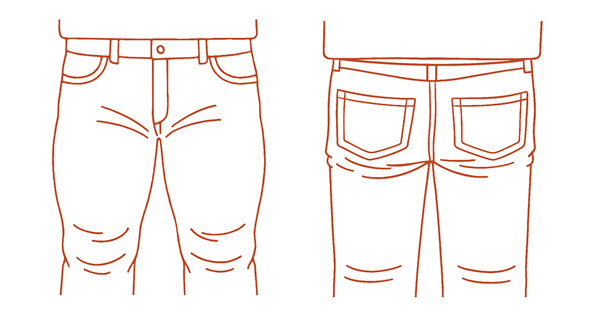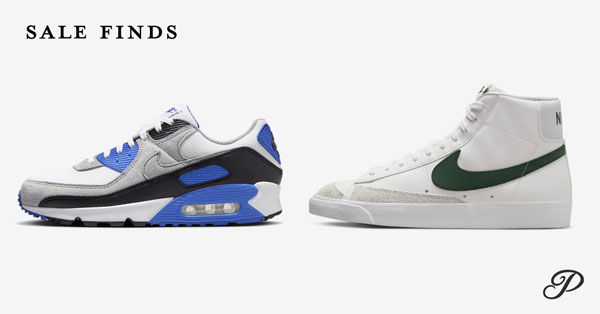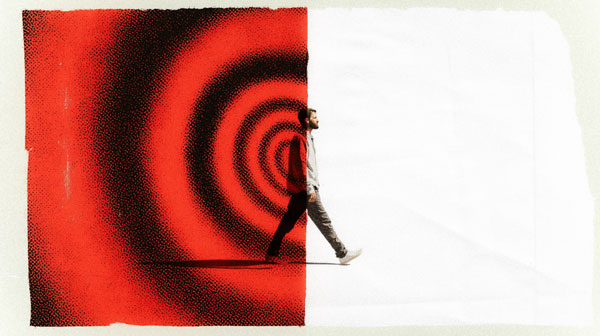100 Days of Fitness
- 100 Days of Fitness: An Introduction
- 100 Days of Fitness: Week 2 - Nutrition
- 100 Days of Fitness: Week 3 - Exercise
- 100 Days of Fitness: Week 4 - Building a Home Gym
- 100 Days of Fitness: Week 5 - Supplements
- 100 Days of Fitness: Week 6 - Expectations
- 100 Days of Fitness: Week 7 - Footwear
- 100 Days of Fitness: Week 8 - Food Lies
- 100 Days of Fitness: Week 9 - Meet the Kettlebell
- 100 Days of Fitness: Week 10 - Sample Circuits
- 100 Days of Fitness: Week 11 - Days vs Weeks
- 100 Days of Fitness: Week 12 – The Geography of Weight Loss
- 100 Days of Fitness: Week 13 - Travel Training
- 100 Days of Fitness: Week 14 – Meals, Snacks, & The Pocket Workout
- 100 Days of Fitness: Week 15 - What It's All About
- 100 Days of Fitness: Week 16 - Endless Push-Ups & Learning the Pull-Up
- 100 Days of Fitness: Week 17 – Adjustable Kettlebells + A Circuit
- 100 Days of Fitness: Week 18 – Intermittent Fasting & Strength Test
- 100 Days of Fitness: Week 19 – 15 Minute Workouts & A Cool Workout iPhone App + Contest
- 100 Days of Fitness: Week 20 - Switching It Up
- 100 Days of Fitness: Week 21 – Reflections
- 100 Days of Fitness: Week 22 – A Week Without a Workout
- 100 Days of Fitness: Week 23 – Why We Work Out & The 30 lbs Lost Marker
- 100 Days of Fitness: Week 24 - 5 Common Home Gym Mistakes
- 100 Days of Fitness: Week 25 – Work Ethic
- 100 Days of Fitness Special: Men's Health in Movember
- 100 Days of Fitness: The Muscle Aesthetic
- 100 Days of Fitness: The Cure for Holiday Pounds
So. Eating. It's very important. To life and health. There is no doubt about that. It's also pretty fun. Who doesn't enjoy eating pizza or burgers or having some candy? It tastes good. Unfortunately, too much of a good thing can do some pretty horrible things to our bodies. Too many muffins and we get muffin tops. Not a good look on anyone, I'm afraid.
The science behind nutrition is tricky, but only because we hit a bump in the road about forty years ago and ended up in a strange place. Obesity, and plenty of other ailments, are referred to as the “diseases of civilization.” They're not present in tribal people and they weren't very common throughout history. Something changed in either the way we ate or the way we acted. The two opposing camps on this came up with two completely different ideas. One side, the side you're familiar with, says that we became lazy and started eating more fat. The other side said forget all that, we never ate processed carbohydrates and sugar before.
It's interesting to note that this schism came recently. In the past there was only one side – sugars and breads made you fat. As we started eating more sugars and more breads, it became harder and harder to blame them for our problems when they were a staple of our diet. Fat became the new enemy because hey “fat makes you fat” just sounds correct. But that's like saying eating fish makes you fishy or eating paste makes your blood sticky.
I've taken the time to read up on the subject, most notably using Gary Taubes's Good Calories, Bad Calories, and it made sense to me. The science behind it seemed to make more sense than the science behind the “fat is bad” science. Our own Josef Brandenberg interviewed Gary Taubes, so if you don't feel like reading through his 500 page textbook on calories, you can read this interview and see where I'm coming from. If you're not sold, check out my results below.
So, to paraphrase nutrition on this plan. Low carbs.
Personally, I'm avoiding bread, cereals, sugar, and even most fruits except on cheat days. Now, fruit won't make you fat, but it does have a lot of sugary carbs. A banana or apple here and there won't ruin your day. Josef Brandenberg also composed a pretty good list in terms of what carbs you should eat and which you should avoid. Here's the list and I agree with it pretty completely. What does this leave for you to eat? Meat and vegetables. A very traditional diet that was common from the days of clubbing gophers in the wild right into the 1800s.
One easy way to think about “Can I eat this” is to ask yourself “Can I get my hands on this in the wild?” You'll never find a loaf of bread or a bowl of cereal or a Snickers. You will find plants (vegetables and fruit) and meat (animals). The closer to wild the better – lunch meats get processed and some even have sugars and all sorts of nasty science added to them.
But steak, hamburger, chicken, turkey, all of that is good stuff. Eggs are a great option. Any sort of green vegetable is awesome. Potatoes and corn are a bit starchy and are the exception to the rule.
Now, there are some things you can't find in nature, but are still okay in my book. Some milk and cheese in moderation and whey protein. Whey protein is great because it's low in carbs, high in protein, low in calories, and fills you up. Grated (and dried) Parmesan cheese is a great way to add flavor to a dish with only twenty calories per serving and no carbs.
Hot sauce will be your friend when your meals get boring – though there is no need for your meal to get boring. If we're avoiding carbs, and we agree with the science, we see that fats – such as butter – aren't bad for us. So you can have very flavorful meals without carbs.
All of this said, we can't pig out.
We are trying to lose weight. You can calculate your Basal Metabolic Rate (BMR) using a calculator like this one and that will tell you how many calories your body needs to maintain weight. You should aim to eat fewer calories than that, but a lot of studies show that you don't have to restrict calories as much if you're avoiding carbohydrates.
Remember – Eat Smart. If you've got thirty pounds to lose, a man should be fine eating 2,000 calories a day and a woman should be fine eating 1700 calories a day. When eating meats and vegetables, you'll notice that you can eat a lot of volume without eating too many calories.
In any restricted diet scenario, I do recommend taking a multi-vitamin daily. We'll talk more about supplements later in the program, but at the very beginning all you really need is the vitamins. So as you can see, nutrition here is simple. Avoid refined carbohydrates. Eat plenty of vegetables and meats. Drink plenty of water to keep your body hydrated.
End Week 1
My starting weight was 251.5 pounds measured Monday morning. On Saturday morning my weight was 248 pounds. Down 3.5lbs in basically five days. Not a bad start.
I worked out for about an hour a day Monday-Friday. Next week we'll talk more about the exercise side of things.
What does your calendar look like? Other than some mashed potatoes at a family dinner, mine was a pretty solid week.



